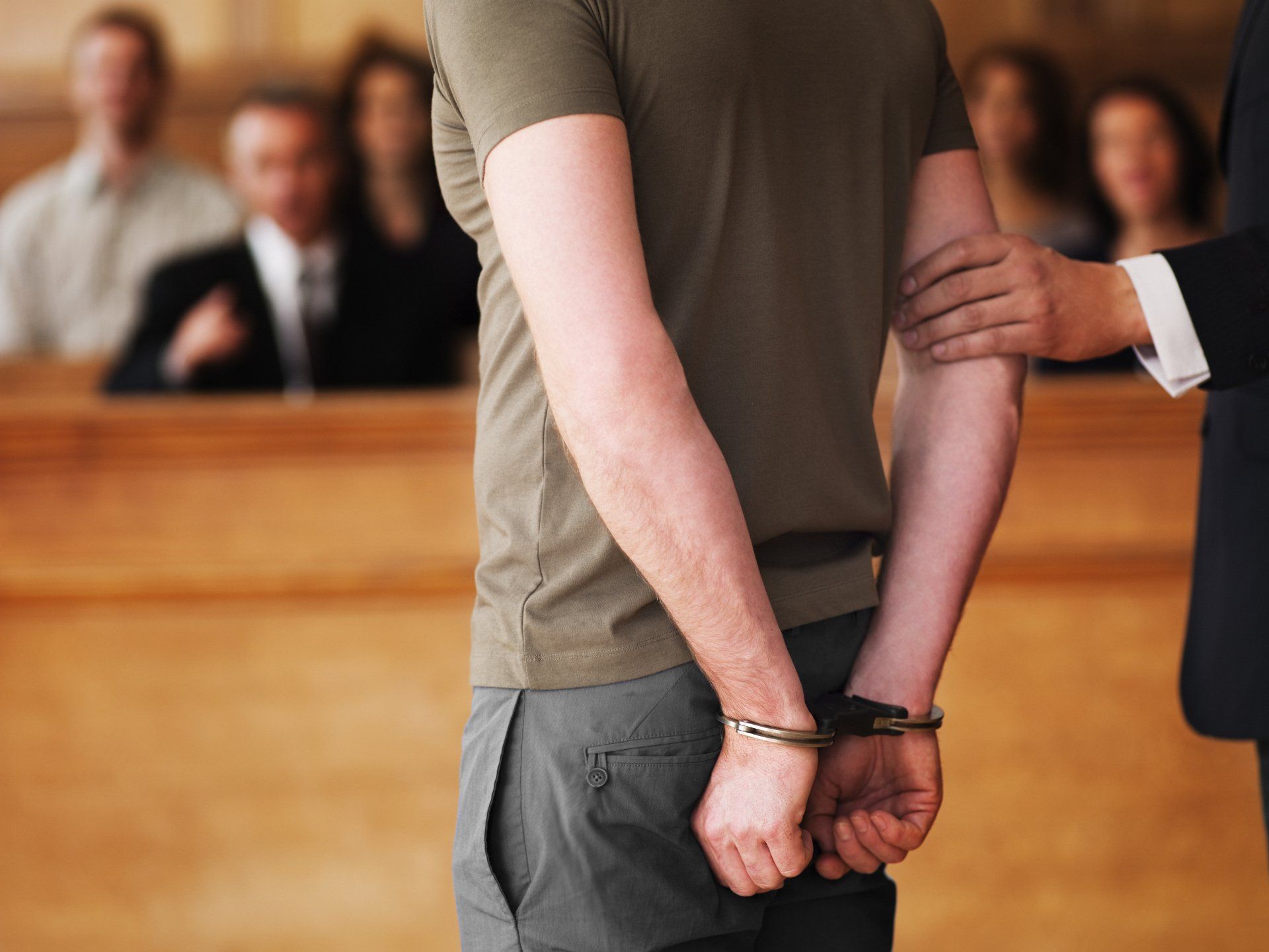How Protections Of The Fifth Amendment Apply To Criminal Law
- By Admin
- •
- 24 May, 2023
- •
The Fifth Amendment of the U.S. Constitution grants criminal defendants several rights. Understanding these rights and their application to criminal cases can help you defend yourself when facing criminal charges. Below is an overview of some of these rights.
The Right to Jury Trial
The United States Constitution and Oregon state law give you the right to a jury trial. In a jury trial, a group of private citizens (instead of the judge) listens to and determines a criminal case before the judge issues a sentence or ratifies the jury's decision.
The jurors (jury members) come from the court's jurisdiction. The rationale is that the local community members are the defendant's peers, can understand the case, and can give a fair trial.
Oregon uses six or twelve jurors, depending on the case. A felony case, such as a violent crime, requires 12 jurors, of which 11 must agree on a decision for a verdict to hold. Misdemeanor crimes require six jurors, who must decide unanimously for a verdict to hold.
You can waive your rights to a jury trial in writing and get a bench trial. However, don't make this decision lightly because both jury and bench trials have pros and cons. Talk to a criminal defense lawyer to determine whether a bench or jury trial suits your case best.
Protection Against Double Jeopardy
The U.S. Constitution gives you protection against double jeopardy. Double jeopardy means protection against multiple prosecutions for the same offense. Protection against double jeopardy is crucial since it guarantees that criminal proceedings won't consume your daily life just because you were once suspected of a crime.
Protection against double jeopardy also means the government should not separately prosecute you for multiple criminal offenses using the same criminal event. In this case, double jeopardy protection applies if the prosecution knows about the multiple offenses at the first trial.
Consider a case where the government accuses you of drug possession and prosecutes you for the same. Once the case concludes, the government should not prosecute you for drug trafficking if the government knew about this alleged offense when prosecuting you for drug possession.
Protection Against Self-incrimination
You also have the right against self-incrimination, which many call pleading the Fifth. The right means you do not have to answer the police while in custody or court. The right against self-incrimination protects you from accidentally saying or revealing something that the authorities can use against you in a trial.
Your right against self-incrimination only applies to oral and written productions. That is, the police cannot force you to talk or produce documents that can incriminate you. However, the police can force you to produce non-testimonial evidence, such as DNA or fingerprints.
The Due Process of the Law
Lastly, the Constitution requires the government to follow due process in all criminal procedures. Your rights to due process of the law entitle you to a fair and speedy trial. These rights spell out:
·How long the court has to start our criminal trial once it files charges against you
·What constitutes a trial delay
·The regulations that govern criminal trial proceedings
The right to a speedy trial ensures that you do not put your life on hold because the government has accused you of a crime. Absence of a few exceptions, the government should try to decide your case within reasonable timelines.
The right to a speedy trial also connects to the right to a fair trial. For example, you might lose crucial evidence, and your witnesses might go missing if the government delays its case too long. Missing evidence or testimony results in an unfair trial.
Contact Mark J. Geiger, Attorney at Law for help with all your criminal cases. We will work tirelessly to ensure that the government protects your rights as a criminal defendant. We will use our decades of experience in criminal law to help you overcome your criminal case.



